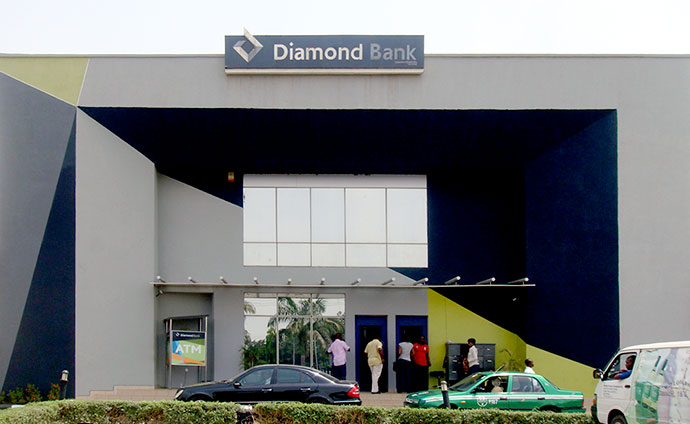Amidst the National Identity Management Commission’s (NIMC) recent announcement that the issuance of the proposed new national identity card will be facilitated through applicants’ respective banks, concerns are escalating regarding the security implications of involving financial institutions in the distribution process.
The federal government, in collaboration with the Central Bank of Nigeria (CBN) and the Nigeria Inter-bank Settlement System (NIBSS), introduced a new identity card with payment functionality, aimed at streamlining access to social and financial services.
However, the decision to utilize banks as distribution channels has sparked apprehension among industry stakeholders.
Mr. Kayode Adegoke, Head of Corporate Communications at NIMC, clarified that applicants would request the card by providing their National Identification Number (NIN) through various channels, including online portals, NIMC offices, or their respective banks.
Adegoke emphasized that the new National ID Card would serve as a single, multipurpose card, encompassing payment functionality, government services, and travel documentation.
Despite NIMC’s assurances, concerns have been raised regarding the necessity and security implications of introducing a new identity card system when an operational one already exists.
Chief Deolu Ogunbanjo, President of the National Association of Telecoms Subscribers, questioned the rationale behind the new General Multipurpose Card (GMPC), citing NIMC’s existing mandate to issue such cards under Act No. 23 of 2007.
Ogunbanjo highlighted the successful implementation of MobileID by NIMC, which has provided identity verification for over 15 million individuals.
He expressed apprehension about integrating the new ID card with existing MobileID systems and raised concerns about data privacy and unauthorized duplication of ID cards.
Moreover, stakeholders are seeking clarification on the responsibilities for card blocking, replacement, and delivery in case of loss or theft, given the involvement of multiple parties, including banks, in the issuance process.
The shift towards utilizing banks for identity card issuance raises fundamental questions about data security, privacy, and the integrity of the identification process.
With financial institutions playing a pivotal role in distributing sensitive government documents, there are valid concerns about potential vulnerabilities and risks associated with this approach.
As the debate surrounding the security implications of the new national identity card continues to intensify, stakeholders are calling for greater transparency, accountability, and collaboration between government agencies and financial institutions to address these concerns effectively.
The paramount importance of safeguarding citizens’ personal information and ensuring the integrity of the identity verification process cannot be overstated, especially in an era of increasing digital interconnectedness and heightened cybersecurity threats.


 Forex3 weeks ago
Forex3 weeks ago



 Naira2 weeks ago
Naira2 weeks ago
 Billionaire Watch2 weeks ago
Billionaire Watch2 weeks ago




 Naira2 weeks ago
Naira2 weeks ago




 Naira2 weeks ago
Naira2 weeks ago






 Naira4 weeks ago
Naira4 weeks ago


 Naira1 week ago
Naira1 week ago






 Naira4 weeks ago
Naira4 weeks ago





















